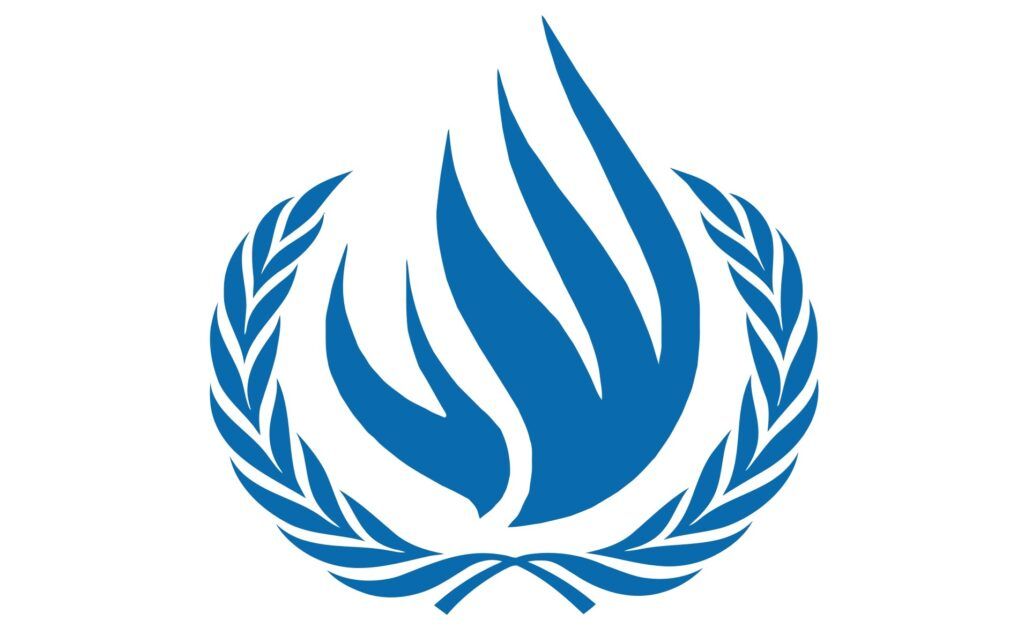A independent expert with the United Nations today released a report calling for an end to the “war on drugs”, asking States to move towards harm reduction in drug policies.

The logo for the United Nations Human Rights Council.
In her fourth report to the Human Rights Council, Tlaleng Mofokeng, UN Special Rapporteur on the right to health, focused on drug use, harm reduction and the right to health. The report explores how harm reduction relates to both drug use and drug use disorders, as well as to drug laws and policies, aiming to analyse and address the related outcomes that adversely impact the enjoyment of the right to health.
“The enforcement of drug laws and policies compounds other forms of discrimination and disproportionately affects certain individuals, such as persons in situations of homelessness or poverty, persons with mental health issues, sex workers, women, children, LGBTIQA+ persons, Black persons, Indigenous Peoples, migrants, persons who are incarcerated or detained, persons with disabilities, persons living with HIV, tuberculosis or hepatitis, and persons living in rural areas,” Mofokeng told the Council. “International drug control conventions have negatively affected the availability, accessibility, acceptability and quality of certain drugs used as medicines.”
The report indicates that the concept of harm reduction has been primarily developed in the context of drug use and refers to policies, programs and practices that are aimed at minimizing negative health, social and legal impacts associated with drug use, drug policies and drug laws. It also stresses that States have an obligation to implement evidence-based interventions to minimize the adverse health and risks and harms associated with drug use.
In her report, the Special Rapporteur seeks to provide recommendations on how, at the domestic level, States should be centered on dignity, public health and human rights, as well as ground interventions in the best available evidence, free from conflicts of interest.
Mofokeng highlights that ending criminalization, stigmatization and discrimination which represent structural barriers to accessing services will improve access to information, goods, services and facilities.
“Global advocacy and high-level statements of intent must be put into action to uphold the right to dignity,” she said, adding that “civil society participation is key”.
“All stakeholders must respect people who use drugs, people with drug use disorders and people whose health and well-being is affected by drug laws and policies,” the Special Rapporteur said.
She also noted the importance of moving towards substantive equality by paying particular attention to the disproportionate impact of drug laws, policies and policing.
Ms. Tlaleng Mofokeng (South Africa) is the Special Rapporteur on the right to health since August 2020. She is a medical doctor and Adjunct Professor of Law at Georgetown Law centre and is distinguished lecturer at O’Neil Institute for National & Global health law.
The Special Rapporteurs and Independent Experts are part of what is known as the Special Procedures of the Human Rights Council. Special Procedures, the largest body of independent experts in the UN Human Rights system, is the general name of the Council’s independent fact-finding and monitoring mechanisms that address either specific country situations or thematic issues in all parts of the world.






